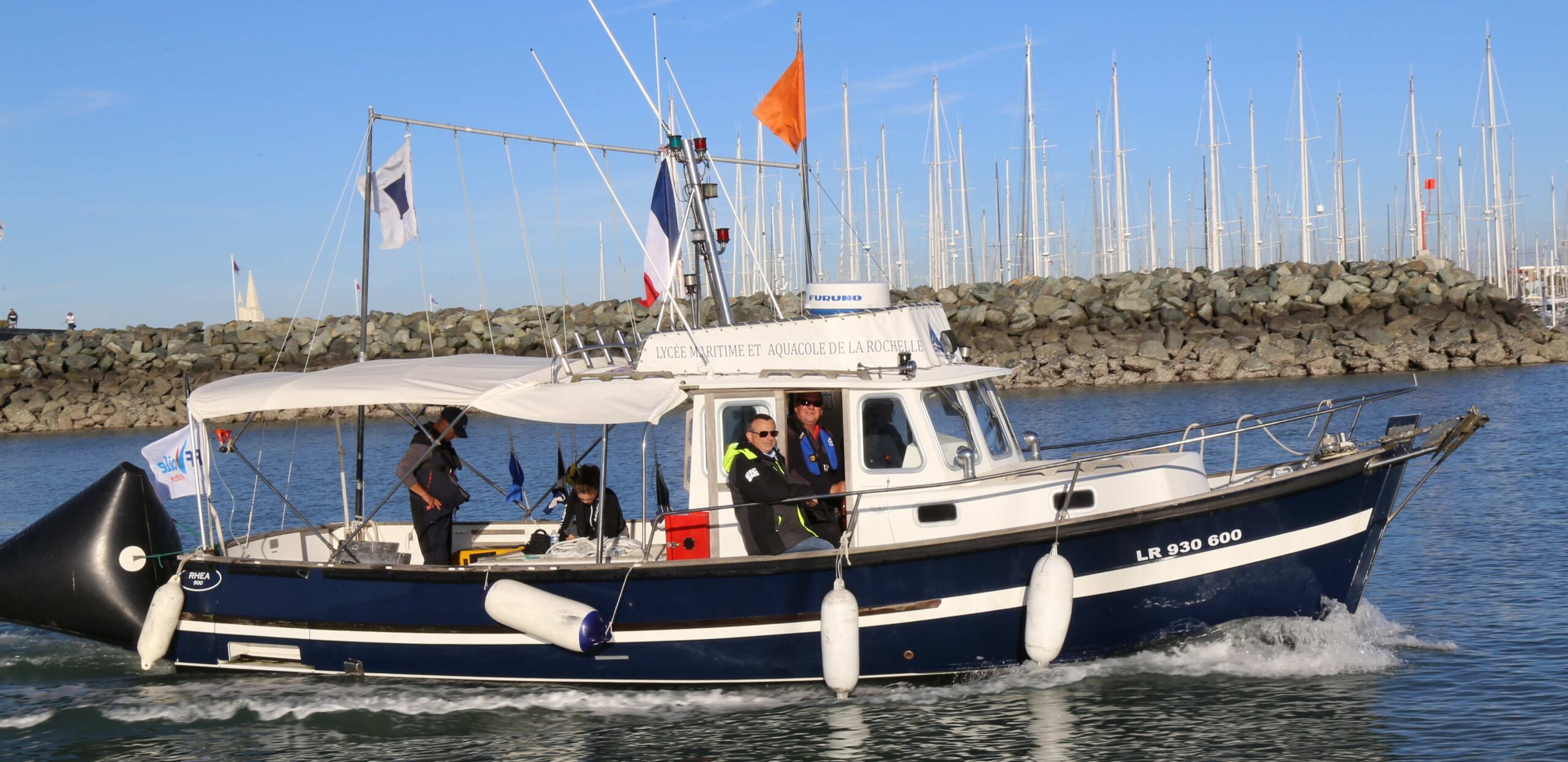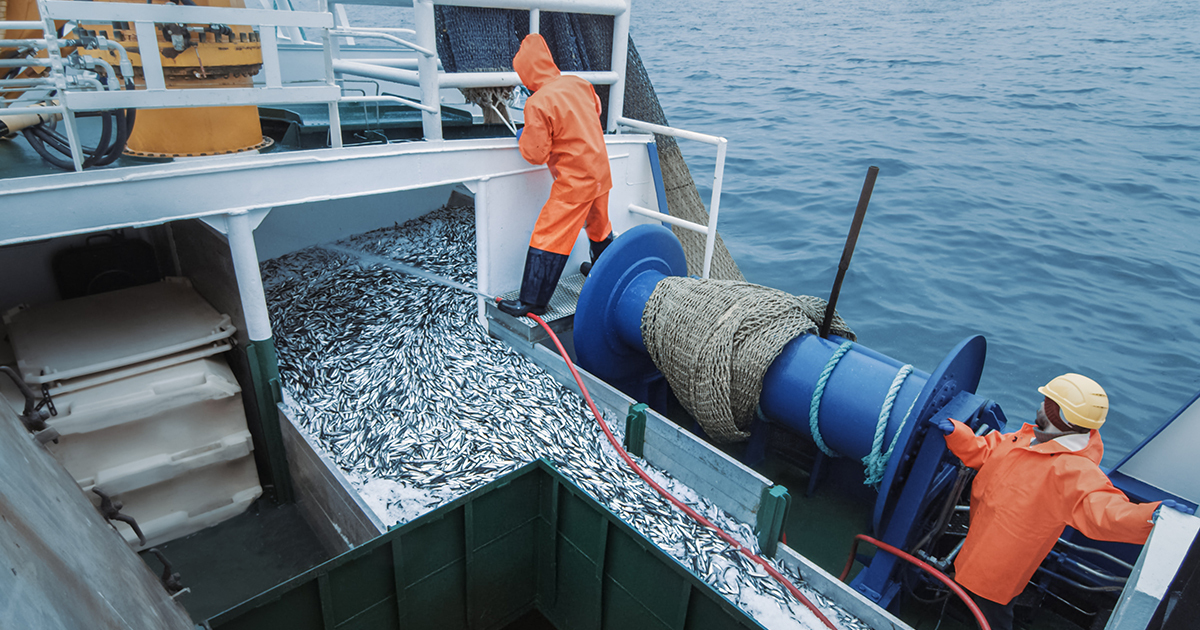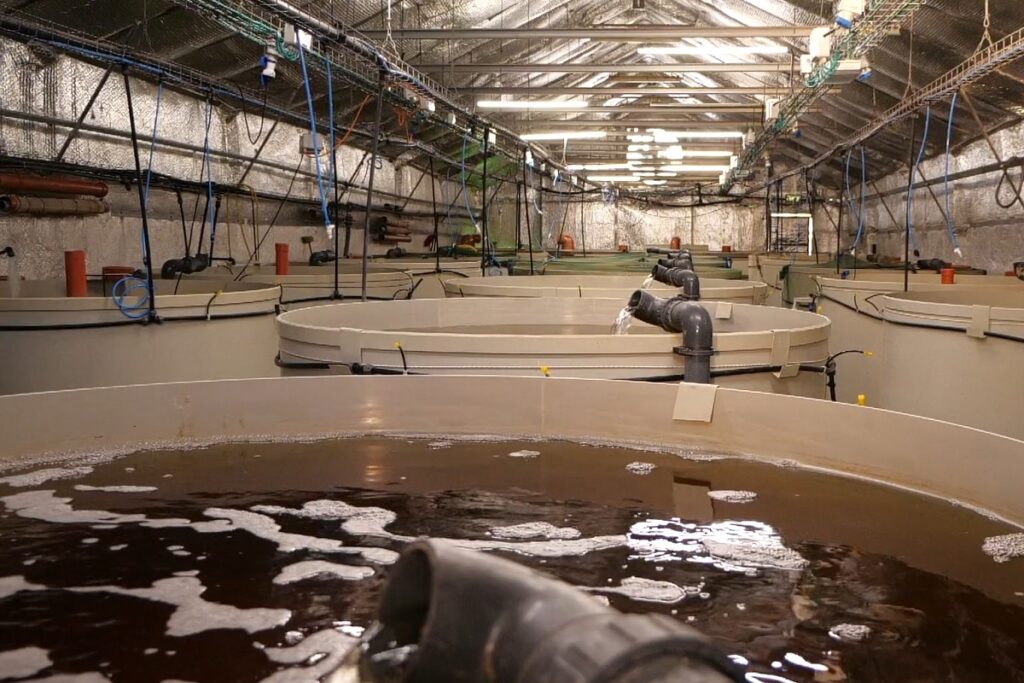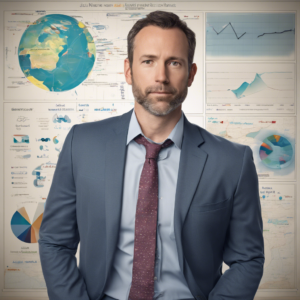There aquaculture regulations plays a crucial role in the future of our oceans and their ecosystems. It seeks to balance the growing need for aquatic products with the preservation of marine resources. THE sustainable breeding practices such as the promotion of hardy species, the limitation of the density breeding and the reasoned use of energy resources are part of this protective approach. However, the environmental impact of intensification remains worrying, requiring continuous improvement of practices to minimize the water pollution and preserve biodiversity. The initiatives, supported by rigorous regulations, seek to guarantee sustainable aquaculture which supports the vast biological wealth of our oceans.

Aquaculture regulations play a crucial role in protecting and preserving our oceans. By establishing clear rules and standards, it aims to minimize the environmental impact of aquaculture, ensure sustainable use of marine resources and secure the production of fish and other aquatic products. This article explores how this regulation is shaping the future of our oceans, examining current practices, environmental challenges and emerging sustainable solutions.
Table of Contents
ToggleSustainable aquaculture for a promising marine future
With the increase in global demand for seafood, aquaculture has become an essential solution to meet food needs. However, this intensification poses challenges, particularly in terms of water pollution due to waste discharges. Establishing strict regulations is therefore essential to control environmental impacts and promote practices that respect the marine ecosystem.
The importance of multitrophic aquaculture
Multitrophic aquaculture represents a sustainable approach that is growing in popularity. It integrates different species – fish, shellfish, algae – in the same environment, allowing efficient use of resources. Thus, the waste produced by one species can serve as a nutrient for another, thereby reducing pollution. Regulations encourage this type of breeding by setting standards on limited density and promoting this ecological production.
Regulations and innovations for an environmentally friendly sector
Aquaculture regulations encourage innovations aimed at limiting the negative impacts of aquaculture on the environment. Among these, we note the development of livestock farming that consumes little energy and is adapted to the resilience of local ecosystems. The regulations also set standards on slaughtering techniques, often deemed unacceptable, and promote more ethical practices that respect animal welfare.
Water quality control: a major issue
Water quality is a crucial parameter in aquaculture farms. Periodic surveys are carried out to ensure that fish are raised in clean, unpolluted water. Regulations impose strict measures to prevent and control pollution, thereby minimizing risks to marine health and ensuring quality products for consumers.
Outlook for the future of fisheries and aquaculture
By establishing a robust regulatory framework, government authorities are ensuring that aquaculture is a resilient and thriving sector. The future of this industry relies on the integration of ecological practices that alleviate pressure on fishing, while encouraging the adoption of new technologies and the training of aquaculturists through specific programs. Looking towards 2050, these efforts aim to ensure ocean sustainability while meeting the growing demand for marine products.










